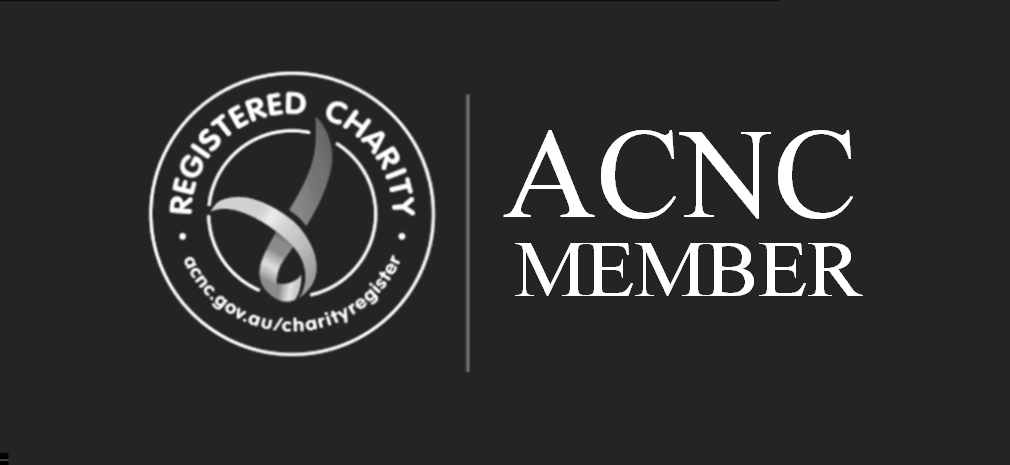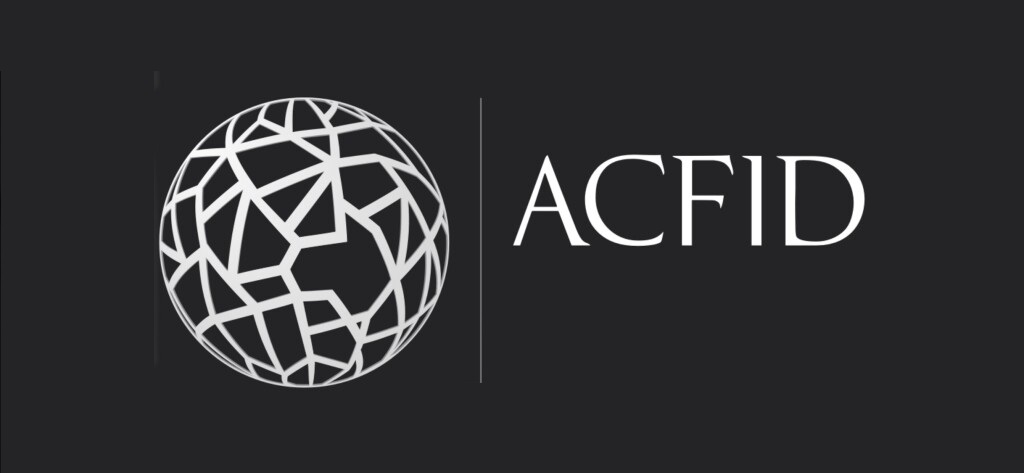.
Making the most of 2021
by Matt Rickard
When Covid and the travel bans started, a year ago, we were convinced that our surgical visits to our South Pacific neighbours would resume sometime in 2021.
As it became obvious that it would not be an option for another year, we focused on assistance that could be prepared and delivered from Australia.
As you will read below, a shipping container left Australia for Solomon Islands just a few weeks ago and a series of surgical webinars started last week to be followed by anaesthetic and gynaecology sessions in the near future.
As always, our prime objective is to meet our partners’ needs and requests. There have been many quality exchanges with them to make sure that tailored assistance was delivered. This was also the opportunity to renew our Memorandum of Understanding with the National Referral Hospital (NRH), Honiara, and the Provincial Hospitals, Ministry of Health and Medical Services (MHMS), Solomon Islands. Despite the circumstances, DAISI remains focused on actions: operating and teaching.
In the meantime, we continue our background work to get DAISI officially accredited and, hopefully, funded. Following the review of our Australian Council for International Development (ACFID) application, we hope membership will be granted in the near future.
We want to express sincere thanks to Barry Bradford who recently retired from the board. Barry has served as DAISI’s Shipping and Logistics Officer for several years with very high professional standards. Barry’s experience as a logistician and shipper of medical aid worldwide will be missed.
Shipping container departs for Honiara
by Sepehr Lajevardi
On March 24th, a twenty foot shipping container left Australia with destination Honiara, Solomon Islands. It contained an extensive amount of equipment requested by Dr Rooney Jagilly, general surgeon at National Referral Hospital.
The container was packed on March 11th by DAISI volunteers with equipment donated by Horten Medical and MedEarth. Lists of available equipment were sent to the receiving surgeons who selected the items in order of priority. This is different from previous containers where they were filled with items we thought would be useful with very little consultation with the receiving partners. This container was also bought by DAISI and will be donated to be disposed of or to sell and does not need to be returned, avoiding return shipping fees.
The photo below is of Mark Taffa (DAISI PNG Program Officer and Director at Horten Medical) and Domonic Lopes (volunteer DAISI member & physiotherapist) who packed the container on March 11th.
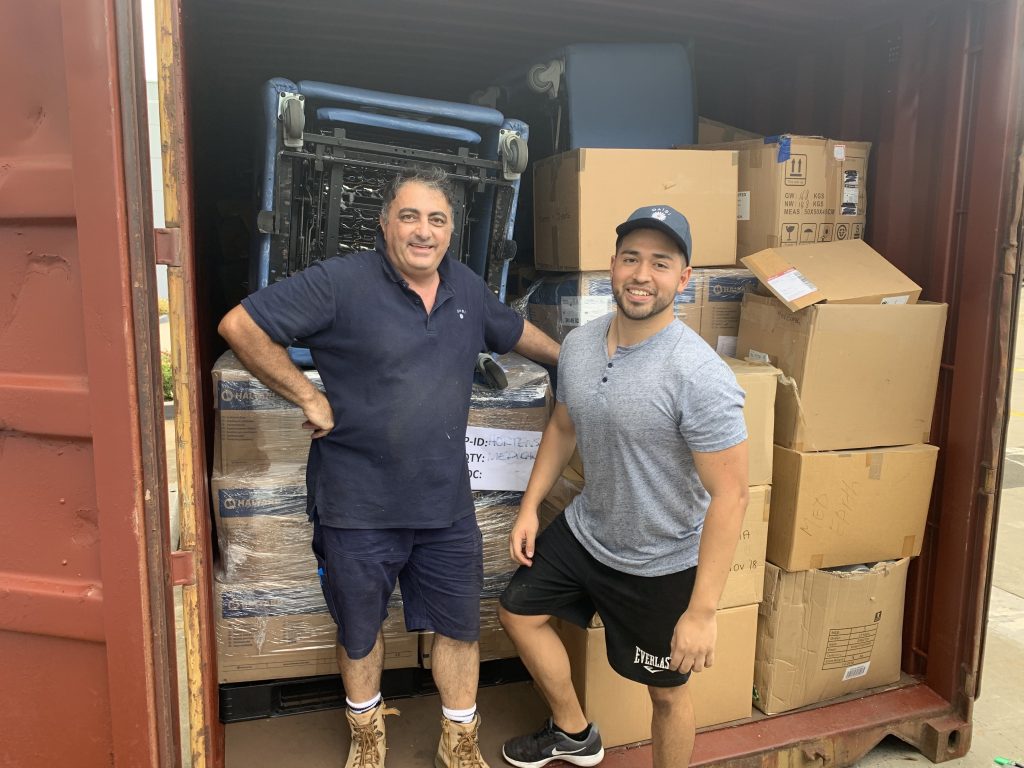
Unfortunately the shipping industry has suffered greatly from COVID with tariffs skyrocketing and major delays with reduced shipments in order to compensate for COVID-induced losses and downturn. The container meant to arrive 15 April now has a revised arrival date of 25th April.
It remains unclear, at this stage, if purchasing and sending an entire shipping container is the most economical method for sending donated medical supplies. A lot will depend on the value of items sent, and this needs to be gauged with our partners to ensure good value for money. What we value may not be a high priority or valued in the same way by our recipient partners. This is where feedback is very important.
Due to the increasing shipping costs, it is very likely that future vitally needed equipment will be sent as “less-than-container-load” (LCL) cargo, in order to send what is most necessary as cheaply as possible.
First Surgical Webinar
by Gary McKay
With no end in sight for the COVID travel bans, DAISI Chair Matt Rickard suggested at the last DAISI board meeting that we organise some ZOOM sessions aimed at supporting out South-Pacific colleagues.
The idea was to provide expect advise where required, and ducational support to the trainess in surgery, gynaecology and anesthetics. These three specialties were chosen, as to date this is where DAISI has mostly focused its attention.
Eighteen ZOOM webinars are now scheduled to occur in specialty areas of anaesthetics, gynaecology and general surgery.
The first successful general surgery ZOOM session on the topic “hernias” took place on 23rd March 2021, with only a few hitches, mostly technical from my end, with surgical registrars and participants from PNG, Vanuatu, Kiribati and the Solomon Islands. It was expected to be mainly trainees, but a number of consultants turned up, with a number of current clinical cases presented, leading to interesting discussion and debate. This opportunity for cross-polination of ideas was what we intended, and overall I was very happy that we had achieved this. The knowledge transfer was defininitely not unidirectional, with all of us on the Australian panel blown away by the cunning and resourcefulness of our South Pacific colleagues.
The first gynaecological ZOOM session is scheduled for 20th April 2021 being jointly organised by Leeanne Panisi (director of obstetrics and gynaecological services in the Solomon Islands) and the first anaesthetic ZOOM session will be scheduled for 25th April 2021, and is being coordinated by anaesthetist Dr Jessica Lim from Sydney in consultation with the head of National Referral Hospital (NRH) department of anaesthetics Dr Kaeni Agiomea.
In coming up with the idea, it was felt that such sessions should be an opportunity for DAISI to show support to specialists and their trainees. Vitally important is the need for these sessions to represent a supportive environment for dynamic case discussion and that they not be a didactic “sermons” or lectures: a multitude of which can be found on youtube. It was also agreed that these ZOOM sessions should include a specialist panel representing those in the field being discussed (e.g. surgery, anaesthetics and gynaecology) from both the South Pacific and Australia and New Zealand, with equal representation. It was important that we avoid any actual or perceived paternalistic neocolonialistic approach. If the first session is any indication, the panelists from Australia probably learnt more from this first session than anyone else attending the session!
The first session on 24th March involved specialists Dr Basil Leodoro (Vanuatu), Elvis Japhlet and Kennedy James (PNG), Mike Buin (Solomon Islands) and Gary McKay & Prof Christophe Berney from Australia.
Day light savings created confusion with the start time with apologies from late attendees Dr Ako Millan, Sameul Kejuel and Kabiri Tun (from Kiribati) Dr Debra Smith (Brisbane), Dr Isaiah Borchem, Rodger Ikasa, Ian Umo and Dominic Inaido. Now that day light savings are over, the start time will be less confusing, and clear instructions will be given of the exact start time with Australian Eastern Standard Time (AEST) being one hour behind Solomon Islands & Vanuatu, and two hours behind Kiribati.
Surgical sessions will continue monthly the last Tuesday of each month 5-6pm (AEST). Gynaecology sessions will be the second last Tuesday of the Month, every 3 months and anaesthetic ZOOM sessions will occur on Sunday every three months (more frequently if sufficient interest to warrant it).
The original idea of having break out sessions at the end of the ZOOM decision to allow one-on-one discussion between mentors and trainees was good in theory, but in practice, not possible due to limited ZOOM access in some cases with multiple trainees logging on together. This is something we can rethink or twerk as we become more familiar with the sessions, and I grapple with the technical aspects of ZOOM!
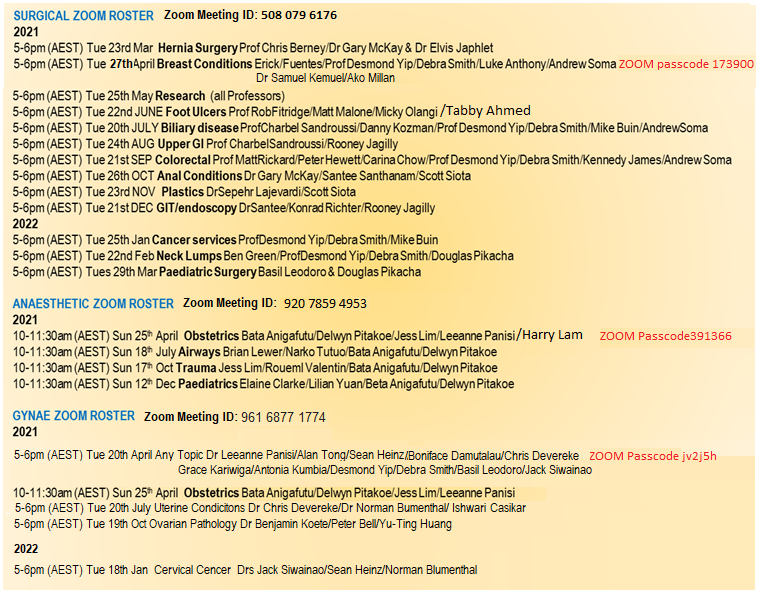
Papua New Guinea Covid Crisis
by Nili Hali
Until recently, PNG was rather spared from Covid. Unfortunately, in the last few months, the number of confirmed cases skyrocketed. Testing rates are low and the real number of infections is feared to be a lot higher.
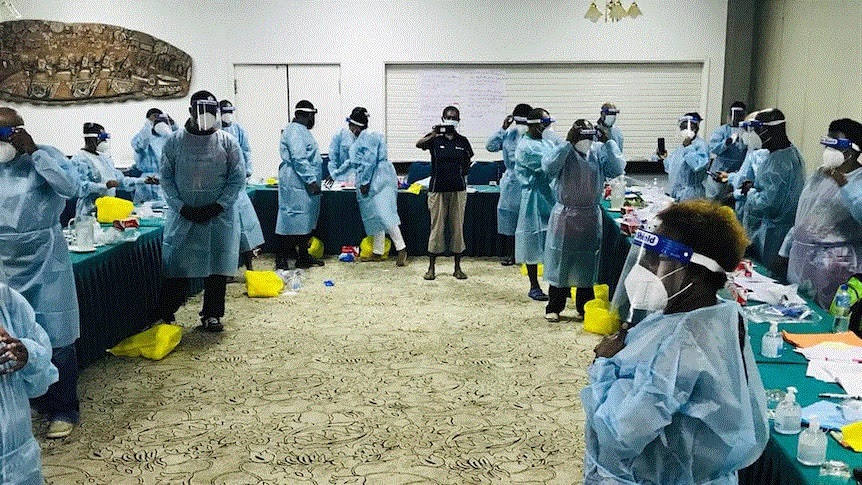
The infection rate amongst the medical staff is extremely high and there are fears that the very fragile health system may collapse. Australia will deliver 8,000 doses of the AstraZeneca vaccine to PNG to assist with vaccination of the medical staff. Australia is also asking the European Union to divert one million doses of the vaccine bound for Australia to PNG instead and is working with allies to ensure PNG had swift access to vaccines.
Logistical challenges must be met to overcome “COVID vaccine nationalism”
by Barry Barford
The Pacific Island nations are among dozens of countries around the world that need equitable distribution of COVID-19 vaccine if the health and economic costs of the pandemic are to be overcome, not to mention the humanitarian imperative of ensuring global access to the vaccines.
Experts warn that the longer it takes to provide vaccines to developing countries, the harder it will be for all countries to recover. Meanwhile the virus will continue to spread, the potential for more variants and mutations will grow and the risk that today’s vaccines could become ineffective will increase. Moreover, a new study commissioned by the ICC Research Foundation has found that the global economy stands to lose as much as $9.2 trillion if governments fail to ensure developing economy access to COVID-19 vaccines, with as much as half of that figure falling on advanced economies. The study clearly demonstrates the economic case to invest in the Access to COVID-19 Tools (ACT) Accelerator, the global collaboration to accelerate the development, production and equitable access to COVID-19 tests, treatments, and vaccines.
For its part Australia will contribute $80 million to the COVAX Facility Advance Market Commitment (COVAX AMC) to improve access to safe, effective and affordable COVID-19 vaccines for countries in the Asia-Pacific region and beyond. Countries in the Pacific eligible for vaccines from the COVAX AMC include Papua New Guinea, Solomon Islands, Vanuatu, Fiji, Samoa, Tonga, Tuvalu, Kiribati, the Republic of the Marshall Islands and the Federated States of Micronesia. As if addressing the health and economic risks of “vaccine nationalism” was not enough, the logistical challenges of distribution – particularly of the Pfizer vaccine – are monumental. The hundreds of millions of doses that will be shipped from the Pfizer manufacturing plants in Europe and the United States must be kept below -70 degrees Celsius while in transit and storage. The refrigerated containers used for regular air freight of perishable goods, even pharmaceuticals, do not operate at such low temperatures.
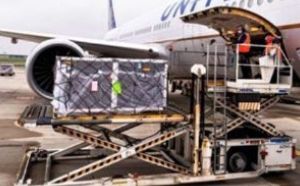
The cold chain
The system for distributing products at low temperatures is known as the cold chain. An unbroken cold chain has to be maintained from the time the vaccine comes off the production line at Pfizer’s manufacturing facilities in Kalamazoo, Michigan, and Puurs, Belgium, right through to when it is thawed and then administered. If the cold chain fails, the vaccine can degrade and even become contaminated with bacteria. The problem of keeping cold products cold becomes even more difficult in the hot countries of the Asia-Pacific region. As it stands even fresh produce being moved from farm to supermarket in Australia is often spoiled because of a breakdown in the cold chain. So specially designed cooler boxes called ‘thermal shippers’ and packed with dry ice will be used to keep the vaccine below -70C. From the arrival airports, the boxes will be trucked to government-designated distribution sites, which we’re still waiting to hear more about in Australia.Pfizer says the Federal Government will have three options for storing the vaccine:
- keep doses in the thermal shippers (where they can survive for up to 15 days),
- transfer doses to ultra-low temperature freezers, similar to those in Kalamazoo or Puurs (where they can last up to six months),
- store doses in a regular fridge (where they can last up to five days).
The latest information suggests that the second option will be adopted in Australia. Once removed from the boxes, the vaccine has to be used within days.
The sooner an efficient and equitable rollout of the vaccines begins in our region, the faster DAISI will be able to resume its important work in the South Pacific.
DAISI March Vol 7 Newsletter 2021
Copyright © All rights reserved.
Our mailing address is:
DAISI
PO Box 679
CROWS NEST, NSW, 1585
If you would like to contact us or if you no longer want to receive the DAISI newsletter you can unsubscribe from this list.






